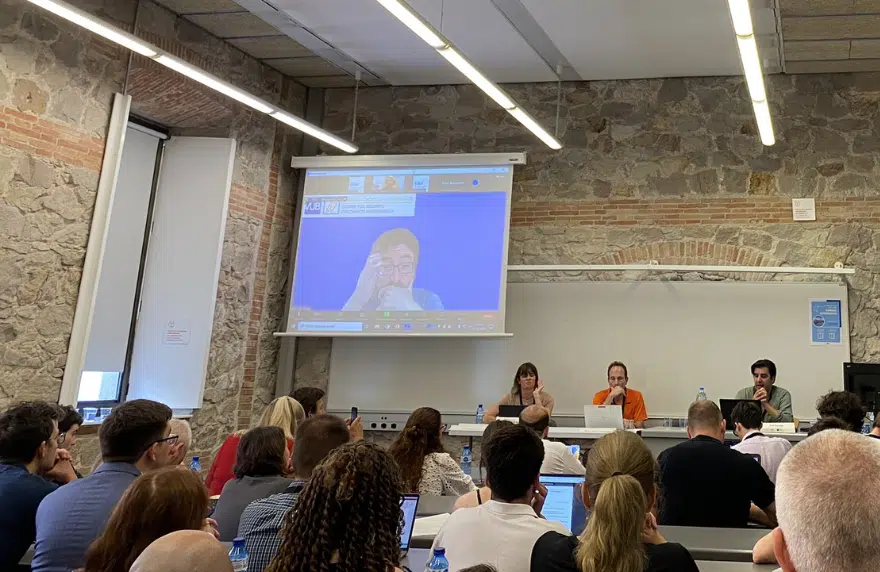Interstate coercion is once again very salient in today’s international relations. Interstate coercion defined to the threat or use of force understood more broadly in order to get the target of coercion to comply with a set of demands. The modalities through which states coerce vary across time and space, shaped not just by the available instruments but also by prevailing norms of interstate behaviour.
The data on coercive state behaviour across different domains is scattered, but interstate coercion in its various incarnations has been on the uptick since the 2010s as we have reported on for over a decade now in our various editions of the strategic monitor.
At the Annual Conference of the European Initiative for Security Studies (EISS), HCSS Director of Research Dr. Tim Sweijs chaired a Roundtable to assess trends in interstate coercion with some of Europe’s foremost experts on statecraft and coercion including Peter Viggo Jakobsen, Kristin Ven Brusgaard, Luis Simon, and Dr Clara Portela.
There is considerable regional variation across countries and continents. Examples of interstate coercion include:
- Russia uses large scale violence to defeat the Ukrainian armed forces but also to influence the Ukrainian leadership’s calculus. It also resorts to explicit and implicit nuclear threats to deter NATO states from intervening.
- European states have increasingly resorted to economic and financial sanctions combined with arms supplies to put direct and direct pressure on opponents, as they did in response to Russia’s invasion of Ukraine.
- The US has relied on a mixture of military, economic, financial, and cyber measures to coerce other states, such as pressuring Iran into negotiations over its nuclear programme, or China as part of a competition over global economic, technological, and military pre-eminence.
- Middle Eastern states have employed cyber-attacks below the threshold of armed violence in combination with economic boycotts, as Gulf states have done against Qatar.
- Israel and Iran are engaged in a prolonged conflict involving cyber-operations, targeted killings, and attacks on military and economic assets.
China and Russia have both made use of a wide range of military and non-military levers – overtly and covertly – to pressure both their neighbours and rivals. Examples range from aerial intrusions of airspaces and cyber intrusions of critical infrastructures to persistent meddling in democratic elections and targeted killings to land reclamation projects and land grabs creating new faits accomplis on the ground.
And states are not the only coercive actors. International organisations – both intergovernmental and supranational – have leveraged diplomatic, military, economic, and other non-military tools for coercive purposes, as attested by the EU and NATO’s response to Russia’s invasion of Ukraine.
In short, the threat and use of force including measures aimed at harming the opponent for coercive purposes has deep historical roots but is also increasingly widespread.
Yet, the study of coercion remains fragmented in parallel silos and in distinct fields of study, focusing on such phenomena as coercive diplomacy, military coercion, hybrid or gray zone strategies, and economic statecraft. As a result, the question as to why states choose to pursue different coercive strategies, under what conditions, and to what effect, remains unsatisfactorily answered.
EISS has therefore established a multiannual and multidisciplinary Programme titled War, Coercion and Statecraft: The Threat and Use of Force in International Politics. The goal is to further develop scholarly understanding of coercive statecraft through rigorous conceptual and empirical investigation and reinvigorate academic scholarship through publications in academic journals.
Would you like to know more? Look at https://eiss-europa.com/coercion.html
Tim Sweijs, HCSS Director of Research







